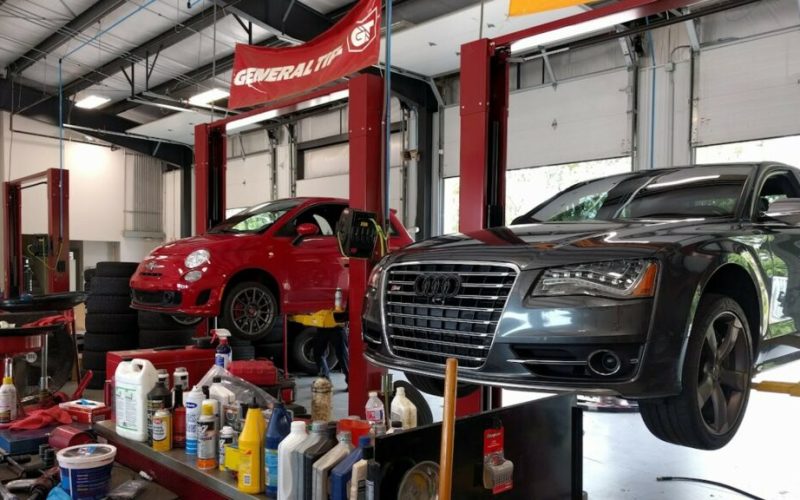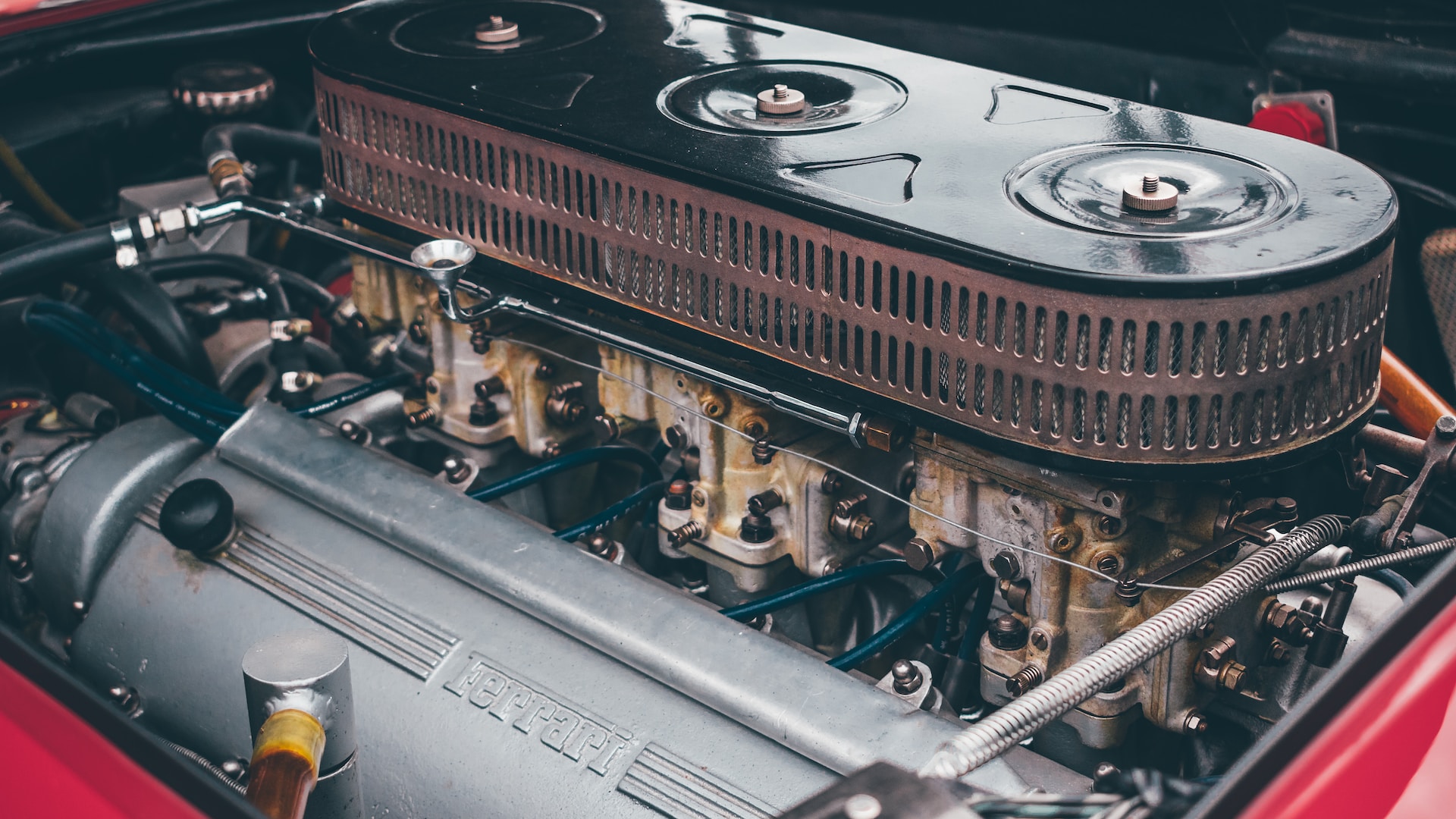Introduction: The Ultimate Guide to Car Maintenance
Car maintenance is essential for every driver to ensure their vehicle operates smoothly and safely on the road. Whether you’re a new driver or a seasoned pro, understanding the basics of car maintenance can save you time, money, and headaches down the line. In this comprehensive handbook, we’ll cover five essential car maintenance tips that every driver should know to keep their vehicle in top condition.
Car Maintenance Essentials: Expert Tips and Tricks
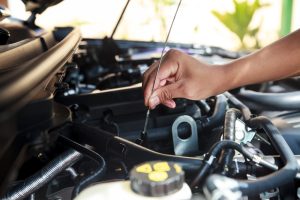
1. Regular Oil Changes: Car Maintenance
One of the most critical aspects of car maintenance is ensuring your engine has clean oil to lubricate its moving parts. Over time, engine oil breaks down and becomes contaminated with dirt and debris, leading to increased friction and potential damage. Regular oil changes, typically every 5,000 to 7,500 miles, depending on your vehicle and driving conditions, are essential for prolonging the life of your engine.
Regular oil changes are essential for maintaining engine health and performance. By replacing old oil with fresh, high-quality oil, you can ensure optimal lubrication and protection for your engine’s vital components. Additionally, changing the oil filter with each oil change helps remove contaminants and prevent them from circulating through the engine. Neglecting regular oil changes can lead to engine wear, reduced fuel efficiency, and costly repairs down the road.
2. Tire Maintenance and Rotation
Proper tire maintenance is crucial for safety, handling, and fuel efficiency. Checking tire pressure regularly and inflating tires to the recommended levels can prevent uneven wear and extend tire life. Additionally, rotating tires at specified intervals promotes even wear patterns, ensuring all tires wear out evenly and last longer.
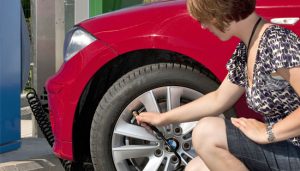
Regular tire maintenance is essential for safe and efficient driving. Inspecting tires for signs of wear, such as uneven tread wear or bulges, can help identify potential issues before they become safety hazards. By incorporating tire maintenance into your routine, you can enjoy a smoother ride, improved handling, and reduced risk of blowouts or accidents on the road.
3. Brake System Inspection: Car Maintenance Guide
The brake system is one of the most critical safety components of your vehicle, requiring regular inspection and maintenance to ensure optimal performance. Squeaking or grinding noises, vibrations, or a soft brake pedal are signs that your brakes may need attention.
Regular brake system inspections are essential for identifying potential issues and preventing brake failure. Checking brake pads, rotors, and calipers for wear and damage can help you address problems early and avoid costly repairs. Additionally, flushing brake fluid at recommended intervals removes contaminants and moisture, maintaining brake performance and preventing corrosion. By prioritizing brake system inspection and maintenance, you can drive with confidence knowing your vehicle can stop safely when needed.
4. Fluid Checks and Top-Ups: Car Maintenance Guide
Your car relies on various fluids to operate smoothly, including engine oil, coolant, brake fluid, and transmission fluid. Checking fluid levels regularly and topping them up as needed is essential for proper vehicle function and longevity.
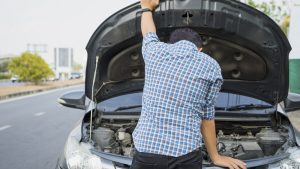
Regular fluid checks are essential for identifying potential leaks or low fluid levels that could indicate underlying issues. Inspecting fluid reservoirs and dipsticks for proper levels and clarity can help you detect problems early and prevent damage to critical components. Additionally, following the manufacturer’s recommended maintenance schedule for fluid changes ensures your vehicle operates at peak performance and efficiency. By staying proactive with fluid checks and top-ups, you can avoid costly repairs and enjoy uninterrupted driving experiences.
5. Battery Maintenance
Your car’s battery is essential for starting the engine and powering electrical components such as lights, radio, and air conditioning. Regular battery maintenance and inspections can prevent unexpected breakdowns and ensure reliable performance.
Regular battery maintenance includes inspecting the battery terminals for corrosion and ensuring a secure connection. Additionally, testing the battery’s voltage and charge levels can help you identify potential issues before they escalate. Cleaning terminals and cables, as well as securing loose connections, can extend the life of your battery and prevent starting problems. By incorporating battery maintenance into your car care routine, you can avoid the inconvenience of a dead battery and ensure your vehicle starts reliably every time.
Frequently Asked Questions (FAQs)
- How often should I change my car’s engine oil?
- It’s generally recommended to change your car’s engine oil every 5,000 to 7,500 miles, depending on your vehicle and driving conditions.
- Why is tire rotation important, and how often should it be done?
- Tire rotation helps ensure even wear patterns, extending the life of your tires and improving overall handling and safety. It’s typically recommended to rotate tires every 6,000 to 8,000 miles or as specified by your vehicle manufacturer.
- How can I tell if my brakes need servicing?
- Signs that your brakes may need servicing include squeaking or grinding noises, vibrations, or a soft brake pedal. It’s essential to have your brakes inspected by a qualified mechanic if you notice any of these symptoms.
- What fluids should I check regularly in my car?
- You should regularly check and top up engine oil, coolant, brake fluid, and transmission fluid to ensure proper vehicle function and longevity.
- How do I know if my car battery needs replacing?
- Signs that your car battery may need replacing include difficulty starting the engine, dim headlights, and electrical issues. It’s essential to have your battery tested by a professional if you experience any of these symptoms.
Conclusion:
Regular car maintenance is essential for ensuring your vehicle operates smoothly, safely, and efficiently. By following these five essential tips, you can prolong the life of your car, reduce the risk of breakdowns, and enjoy peace of mind on the road. Remember to schedule regular inspections and servicing to address any issues promptly and keep your car in top condition for years to come.






